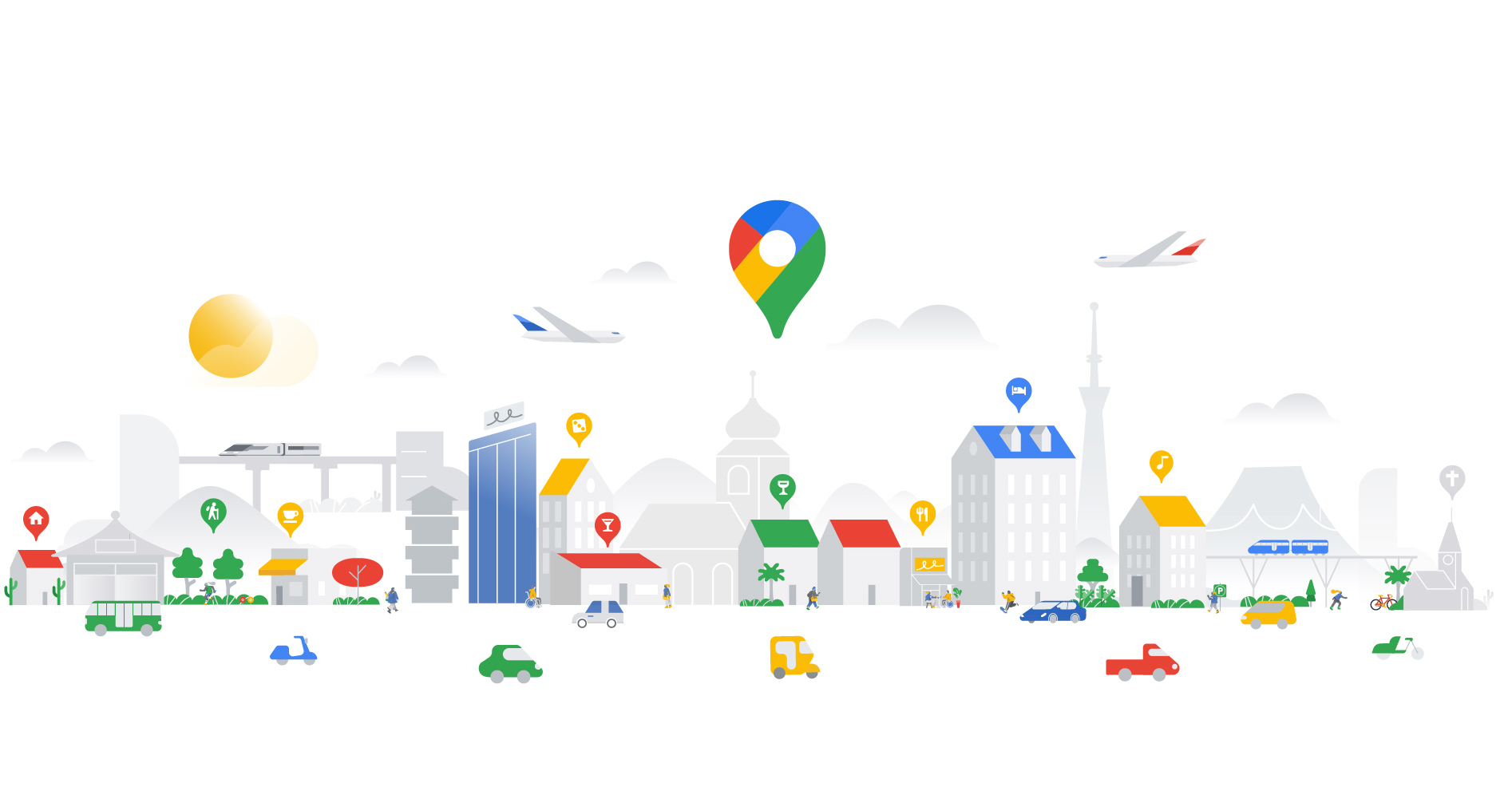Google Maps Is the Potential Killer App In This Age of AI

Skift Take
"Conversational search is about to get wildly useful and cleverly orchestrated across maps, points of interest, personalization, geo-location and enriched content."
I am back with another short video on my thoughts on AI+Travel, fourth in the series over last few months. Part 1, part 2 and part 3 are here.
Let's talk about the most used app while traveling, Google Maps, and what could happen as it adds the conversational AI elements to it. Or to Waze, also owned by Google.
Back in April 2019, we did a deep dive on Google Maps, the superap

